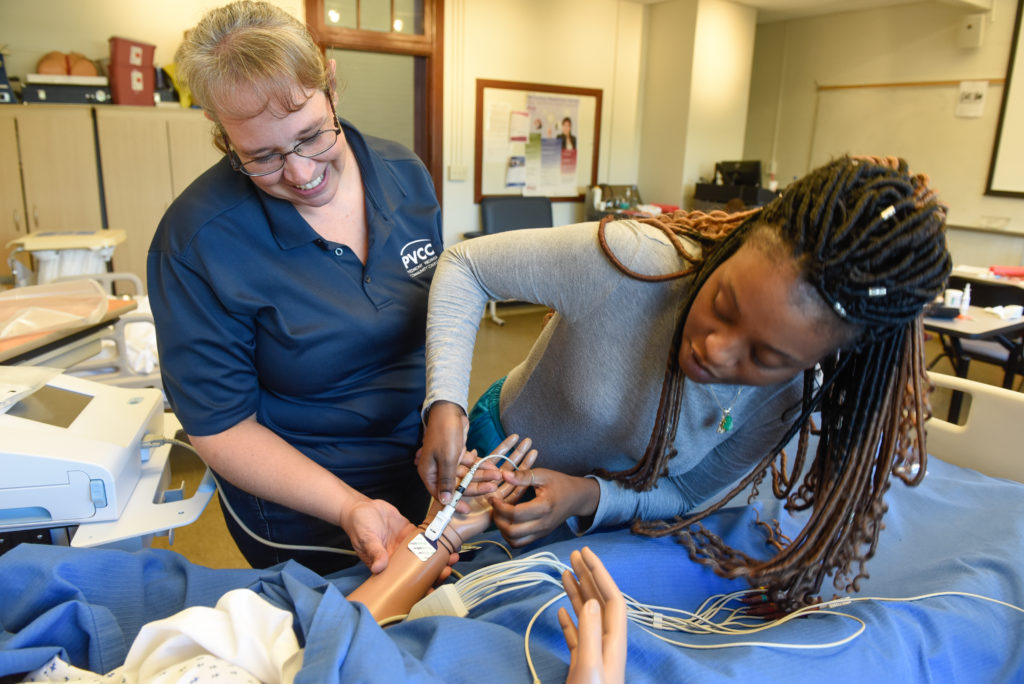
You can’t turn on the news nowadays without hearing about “workforce development” or some other employee shortage. Now that we’re in a new year and the Virginia General Assembly session is about to kick into gear, the conversation in Virginia is only going to get hotter.
While a lot of these conversations happen in the political arena, there are major community impacts for people who need to find training or who are looking for a pathway to advancement in their career. Here are four conversations happening that we think could have big impacts on our students and graduates.
Increase focus on skilled trades
Virginia’s Community Colleges is betting big on workforce training around skilled trades industries. With a big funding request with the General Assembly and an effort to streamline and align infrastructure training with industry demand, there is a lot happening this year with skilled trades.
Closing the skills gap
At a conference last year, speakers talked about the need to drop the default prerequisite of a bachelor’s degree if another postsecondary credential was a more direct pathway to getting the required skills training. Many of Virginia’s most in-demand careers don’t require an advance degree but do require a training certification (like CDL-A or CNA).
Getting more K-12 students involved
Governor Youngkin has challenged the Commonwealth to work towards ensuring every high school student graduates with their diploma AND a postsecondary credential in a high-demand career field. There are amazing immersive programs, like Mission Tomorrow, that help bring to life hands-on careers and give students the opportunity to see what it’s like to repair a power line, sit in the seat of a piece of heavy machinery or pilot a small plane, all of which help broaden career opportunities early on. These programs help prepare students for dual enrollment programs in high school.
Tuition support and funding for CTE careers
Lastly, there are several state-supported tuition assistance programs that allow students to greatly reduce the sticker price of a training program. Additionally, more businesses and organizations are creating registered apprenticeship programs, as well as other financial support opportunities to help students train for low to no cost.
If you’re interested in upskilling in your current career or switching to something entirely new, explore our trainings or reach out to a career coach to start a conversation about where to begin.